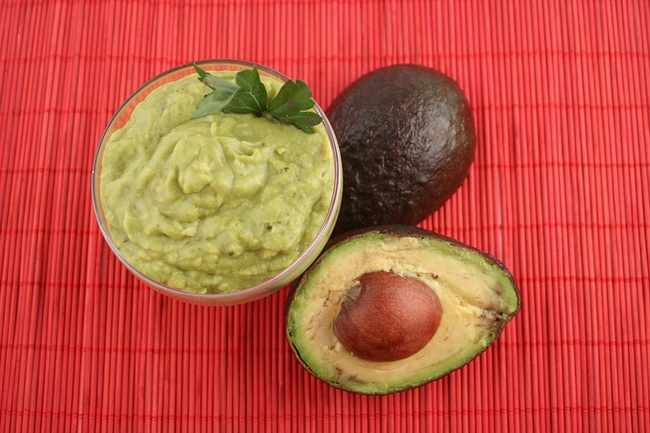- Make It Yourself Lavender Heart-Shaped Bath Bombs!
- 20 Things You Never Knew About “Down There”
- 12 Best Foods For Those Suffering From Arthritis Pain
- 12 Personal Hygiene Mistakes Almost Everyone Makes (Mom Never Told You About #4!)
- 15 Medicinal Plants And Herbs From The Cherokee People
- 12 Mind-Blowing Benefits Of Drinking Coconut Water During Pregnancy
- 12 Outstanding Winter Foods That Won’t Fatten You Up Like A Christmas Turkey
10 Ways to Stimulate an Underactive Thyroid Naturally

Photo credit: bigstock.com
6. Healthy Fats
When you don’t consume enough healthy, natural fat and cholesterol, it can lead to imbalances in levels of hormones, including thyroid hormones. Healthy fats and cholesterol are precursors for the development of hormones. Don’t be afraid of fat! It is essential to your body. Include plenty of healthy fats in your diet, such as olive oil, avocados, flax seeds, nuts, cheese, yogurt, nut butters, and nut milk. The type of fat you should avoid is trans-fat, such as corn and canola oil. Hydrogenated and highly processed oils need to be avoided at all times.
7. Watch Out for Goitrogens
Goitrogens are foods that interfere with the function of the thyroid and tend to cause enlargement of this important gland. Foods that contain Goitrogens include cabbage, broccoli, cauliflower, kale, Brussels sprouts, kohlrabi, millet, radishes, peanuts, watercress, strawberries, and peaches. You don’t have to remove these foods completely from your diet, but do not consume large quantities of them or even eat them regularly.
SEE ALSO: 11 Dangerous Toxins that are Harming Your Thyroid
8. Address Vitamin Deficiencies
Although a simply vitamin deficiency will not cause hypothyroidism, not having sufficient amounts of essential nutrients can make your symptoms worse or even completely disable your body’s recovery system. The most common nutritional deficiencies are:
- Vitamin D – Be sure that you spend at least 30 minutes in the sun (early morning sun is best) to get plenty of hormone-healthy vitamin D. Ask your doctor to check your blood for vitamin D. Normal levels should be between 50 and 80ng/ml. Anything below 50 can cause hormone dysfunction and below 32 ng/ml is downright dangerous.
- Omega-3 Fatty Acids – Think of omega-3s as the building blocks of your hormones. You can take supplements or eat more foods that naturally contain omega-3s, such as grass fed meats, eggs, fish, seeds, and nuts.
- Glutathione – This powerful antioxidant supports and strengthens the immune system. It can also protect and heal the thyroid gland. Foods that increase this antioxidant are peaches, asparagus, garlic, spinach, squash, grapefruit, and eggs.
Continue to Page 4
































